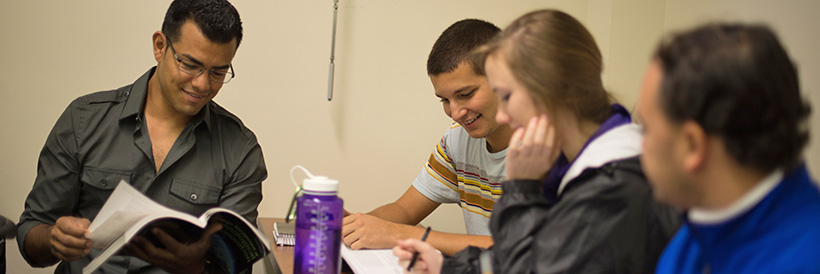
We are committed to the preparation of educators and others who teach and serve individuals with exceptionalities and their families in a diverse society.
We recognize and support the professional development of our students as a life-long endeavor and our programs are designed to develop and enhance each student's personal and professional growth as an effective, reflective and resilient educator.
Prospective Students
If special education is something that you are interested in but you're not sure which program would work best for you, we offer many options for different types of prospective students.
Our special education programs offer coursework options at the Graduate and Undergraduate levels for individuals interested in pursuing licensure in either Early Childhood SPED (0-5 yrs) or K-12, students with disabilities accessing the general curriculum.
In addition to our licensure programs, options exist for persons interested in learning more about individuals with disabilities and their educational needs. We also offer Undergraduate level coursework to students interested in working with individuals with disabilities but not seeking teacher licensure.
Mission Statement
The EFEX Department prepares responsive education professionals to promote learning and equal access for each individual in a complex and dynamic society through authentic and rigorous experiences.
Values Development
-
Collaborative
-
Equality / Equity
-
Evidence-Based Practices
-
Passionate advocates
-
Promotion of diversity and cultural responsiveness
